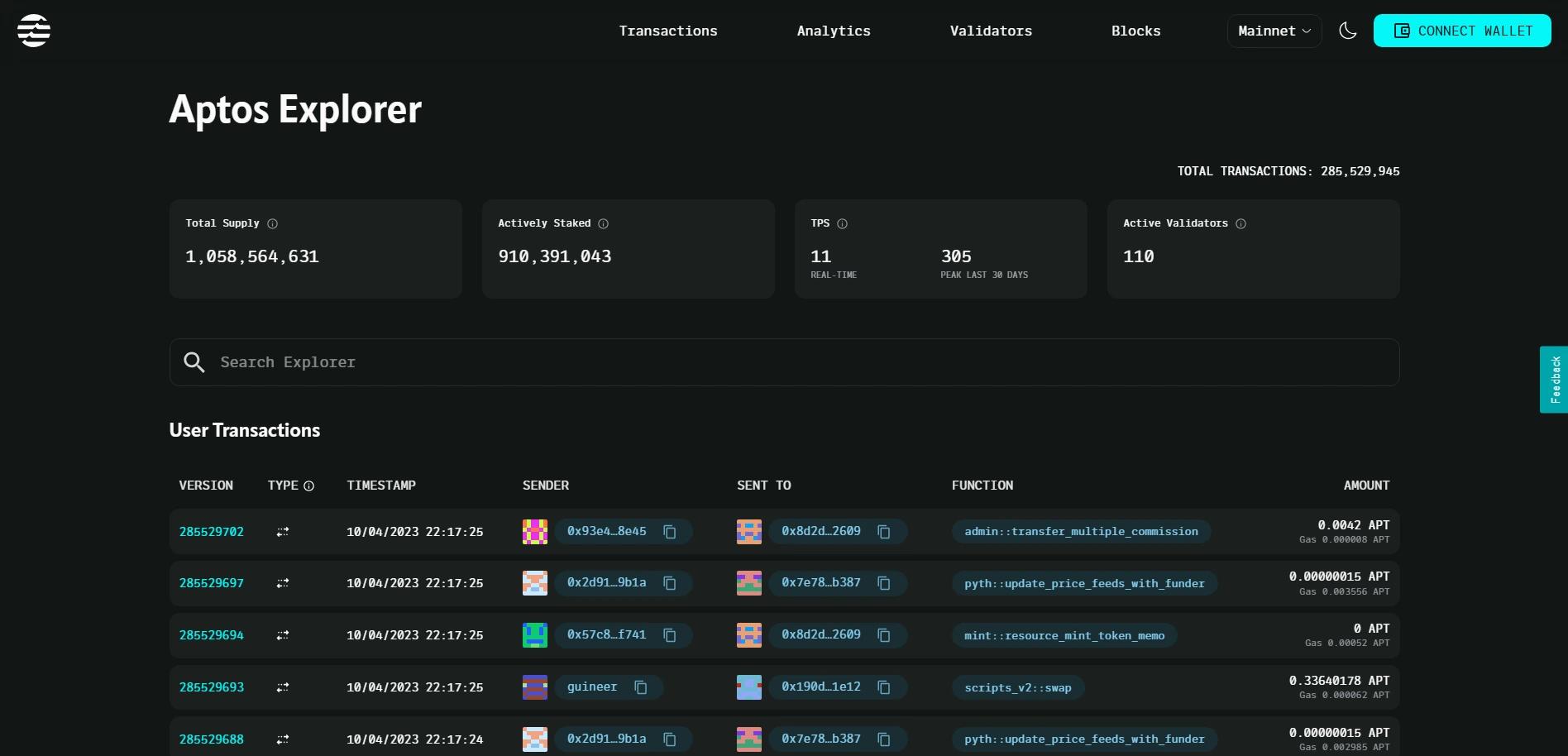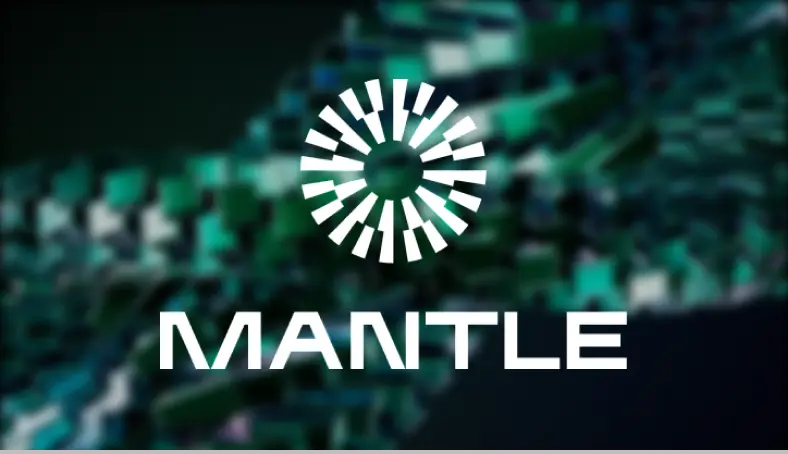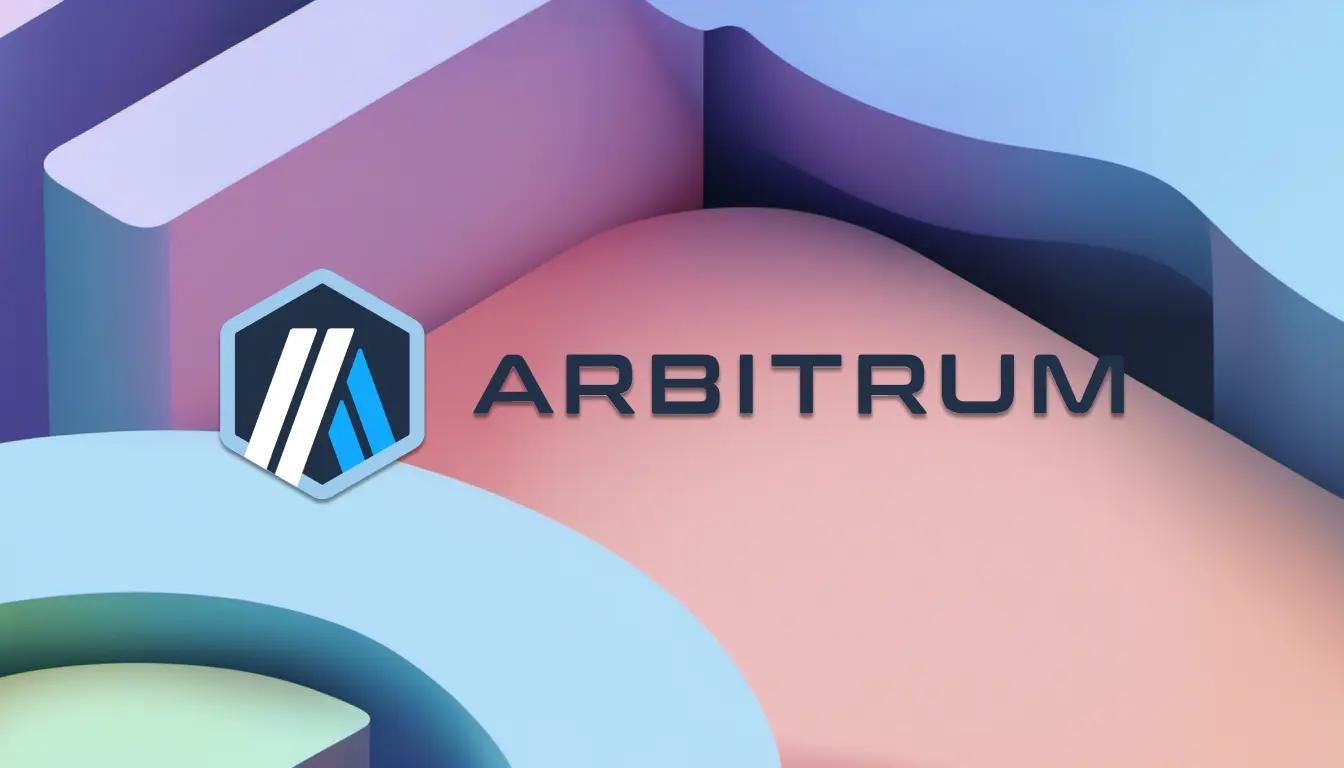Aptos blockchain has recently emerged as a leading Move-based platform, capturing the interest of many in the tech industry. Developed by a team of skilled engineers who previously worked on Facebook's Diem project, Aptos brings a new level of innovation and expertise to the blockchain landscape.
What is Aptos?
Aptos is a Layer 1 blockchain and smart contract platform that utilizes the Move programming language. This innovative project provides a safe, scalable, and upgradeable proof-of-stake infrastructure with potential use cases in various point of sale applications.
The History of Aptos
The Origins of Aptos Labs
Aptos chain can be traced back to 2019 when it began as a project within the technology company Diem. Meta, formerly known as Facebook, acquired Diem with the aim of creating the stablecoin Libra. However, plans changed, and Diem was eventually sold to Silvergate Capital for $182 million in late 2021. Following the sale, a group of dedicated employees continued their pursuit of a decentralized blockchain technology and established Aptos Labs.
Aptos Labs emerged in December 2021 as a spin-off project that combined skilled leaders and engineers passionate about decentralized blockchain technology. The team successfully attracted funding from Andressen Horowitz and other Web3-focused venture capital firms, raising enough capital to facilitate the development of a devnet and several testnets.
Launch and Funding
Aptos Labs successfully launched the Aptos "Autumn" Mainnet on October 17, 2022, after less than a year of development. Shortly after, the layer 1 project implemented Names Services and forged a tentative agreement with Google Cloud. Aptos aims to attract new Web3 projects, increase transaction per second capacity, and enhance system configurations and upgrades as next steps in its roadmap.
The team at Aptos Labs comprises experienced professionals, including former engineers and leaders from Meta's blockchain Diem, Meta's wallet Novi, and the Move programming language. Mo Shaikh, the CEO of Aptos Labs, has an extensive background in capital markets, accounting, and consulting.
Aptos Labs managed to secure $350 million in funding during the initial seven months of the devnet stage. Early investors included Andreessen Horowitz, a16z, and Multicoin, contributing around $200 million. By July 2020, an additional $150 million was obtained from investors such as Apollo, Griffin Gaming Partners, Franklin Templeton, Circle Ventures, and Temasek. Jump Crypto and FTX Ventures led the funding round, while Binance also invested an unspecified amount in March and September 2022.
How Does Aptos Work?
Aptos Transaction Processing Speed
Aptos blockchain operates on a proof-of-stake (PoS) system with Byzantine fault tolerance (BFT) consensus, relying on staked validators for secure transaction processing. As of December 2, 2022, the Aptos network has 102 active validators and a transaction rate of 8 transactions per second (TPS), reaching a peak of 2,107 TPS in November 2022.
Move Programming Language
Aptos utilizes the Move programming language, which is a flexible, Rust-based language developed by the Diem blockchain initiative that is also used by other layer 1 blockchains such as SUI. Move allows for custom transactions and smart contracts, featuring modules and signer objects as its key architectural components. Modules serve as script codes on the blockchain without storage, while signer objects are responsible for registering resources to user accounts and verifying credentials, contributing to the overall security of the Aptos chain.
Aptos Data Model
A distinguishing aspect of Aptos is its resource-centered approach. Resources are objects that cannot be copied or dropped, and their utilization within user accounts aids in achieving decentralization. Users have exclusive control over registering resources to their accounts, preventing token spamming.
Aptos Coin
The APT token exemplifies Move-based resource objects in action. Before transferring coins and using modules, new accounts must have coins registered using signer objects. While not ERC20-compatible, Aptos coin benefits from the inherently flexible nature of Move, with modules interacting directly with each other.
Aptos (APT) Token
APT Token Economy
The Aptos (APT) token is the native currency of the new Layer 1 blockchain, having successfully entered the Top 100 cryptocurrencies, boasting a market cap of over $1 billion shortly after its ICO. The following distribution characterizes the 1 billion total supply of APT tokens:
- Community: 51.02%
- Core contributors: 19%
- Foundation: 16.5%
- Investors: 13.48%
For a deeper understanding of distribution schedules and token supply estimates, visit the Aptos Foundation website.
Aptos Ecosystem
The Aptos blockchain thrives due to its robust ecosystem, which consists of a wide variety of projects such as NFTs, marketplaces, DeFi, launchpads, wallets, and infrastructure tools. Key players in this ecosystem include AUX Exchange, PancakeSwap, LiquidSwap, Tortuga, Ditto, Thala Labs, and Race Capital.
Within a week of Aptos' launch, the CEO Mo Shaikh reported impressive milestones, including:
- 6.8 million+ total transactions
- 1 million total downloads across all Aptos wallets
- Over 225,000 NFTs sold
- 30 live projects encompassing wallets, tooling, NFTs, and DeFi
The Aptos ecosystem is accessible and user-friendly, as showcased by the sleek Aptos Explorer which allows users to easily track transactions, blocks, and validators. Encouraging the involvement of individual and business creators is essential for Aptos' sustained success. Comprehensive white papers and developer documentation are available to support creators in their endeavors.

Moreover, developers can apply for the Aptos Foundation Grant program, which offers a total budget of 5 million APT. The partnership with Google Cloud also reinforces the ecosystem and attracts new Web3 developers, strengthening the Aptos community and promoting further development.
How is Aptos Unique?
Aptos Compared to Sui
Both Aptos and Sui are new blockchains with Move programming language origins and many similarities, such as BFT consensus, resource objects, permissionless validators, parallel execution, and a division into full node and light clients.
Aptos Versus Solana
Some believe that Aptos has the potential to rival Solana, which is a well-established high-speed Layer 1 blockchain. Solana's average throughput of over 3,500 TPS and market capitalization of around $5 billion far surpasses Aptos' 9 TPS and $600 million. Although the two blockchains will likely coexist, Aptos could emerge as a more competitive option in the future.
Aptos in Contrast with Avalanche
Avalanche is a more traditional blockchain platform, using the Ethereum-compatible EVM blockchain protocol and Solidity language. It boasts a higher throughput of 24 TPS and 2 million daily transactions. Both Aptos and Avalanche have ambitious plans for the future, making them intriguing projects in the space.
Aptos Against Ethereum
Ethereum is the second-largest cryptocurrency by market capitalization, but it's not really comparable to Aptos in terms of numbers, ecosystem, transactions, or assets. However, Aptos could potentially carve out a niche in Ethereum's market by providing faster transactions, higher throughput, lower fees, and secure private key recovery. Aptos is just starting to make its mark in the blockchain landscape.
In summary, Aptos is unique because of its talented former Meta blockchain engineers, integration of the Move programming language, modular design, extensive developer documentation, and parallel processing engine for high throughput. The platform's decentralization aspect provides many opportunities for innovation and growth, enabling it to compete with existing blockchains like Sui, Solana, Avalanche, and Ethereum.
Cons of Aptos
One significant drawback of Aptos is its inability to deliver on its initial promises. The founders boasted an impressive throughput number for their layer 1 protocol, claiming it could reach 2,500 TPS effortlessly. However, the throughput has been steadily declining, and the current rate of 9 TPS leaves users feeling confused and disappointed. This raises questions about the trustworthiness of Aptos' current and future claims.
Furthermore, Aptos' turbulent beginning exposes organizational and preparedness weaknesses, as well as shortcomings in their incident response strategy. The project's high-profile background, with team members previously working for Facebook, has drawn intense attention from the entire market. This widespread awareness may have inadvertently created chaos for the project.
For example, the APT Airdrop encountered issues as Aptos Labs had to close its Discord servers during peak attendance, making the airdrop inaccessible to many participants. Although Aptos Labs claimed this measure was to protect users from scammers, it demonstrates a lack of foresight and appropriate preparation for such events. Overall, Aptos has yet to establish itself as a reliable and trustworthy project, with several key concerns that need addressing.











